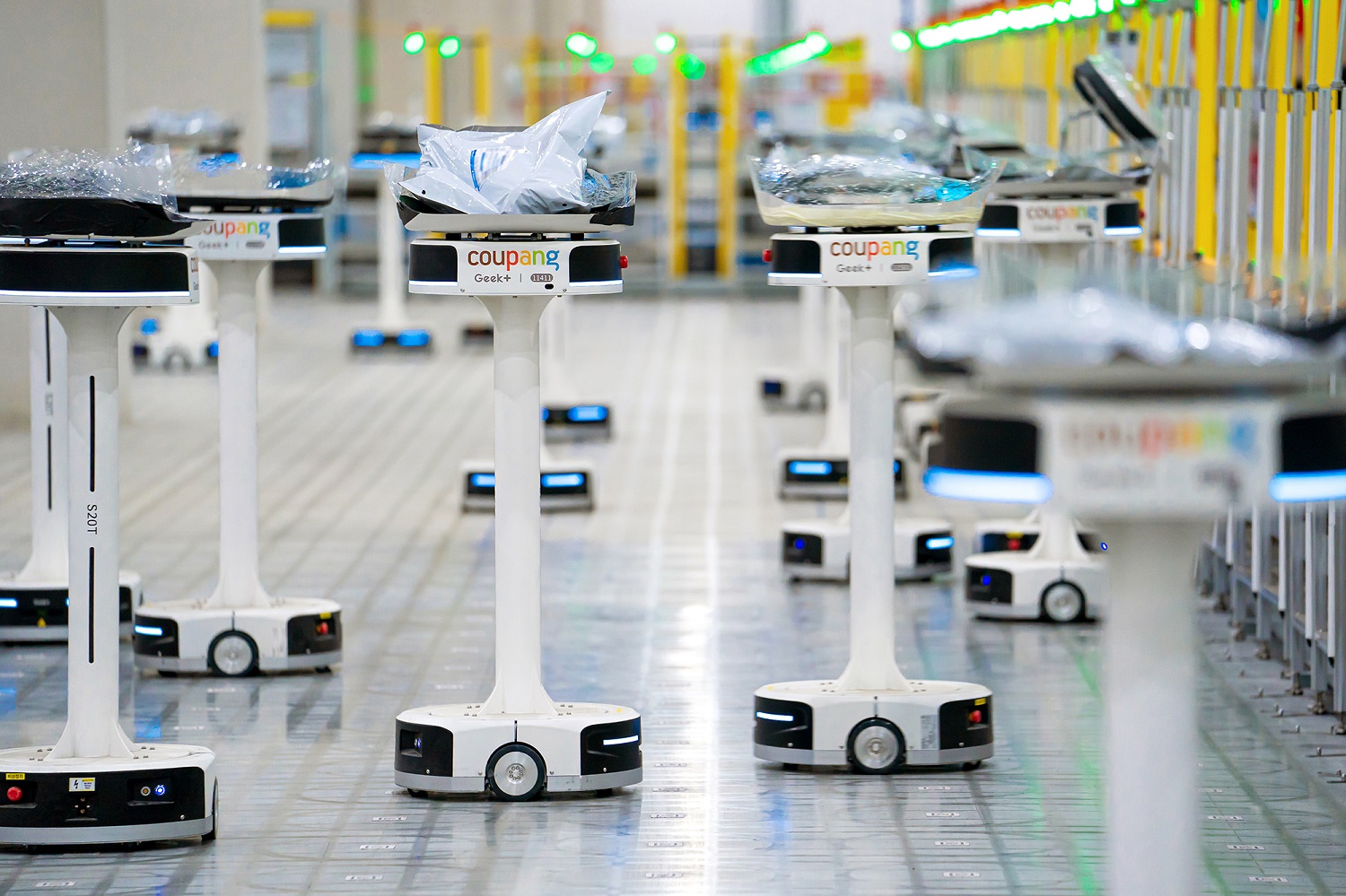Abalone, a prized delicacy in Asia known by lofty names such as the “emperor of shellfish,” “white gold,” and “ginseng of the sea,” enjoyed immense popularity in Korea’s restaurants and fish markets until the COVID-19 pandemic hit in 2020. With many restaurants and markets closed, abalone farmers and fishers lost a significant sales channel, incurring huge financial hits and having to make layoffs or even shut down. To make matters even worse, the heat waves last summer proved devastating for the abalone population. Over 30 million abalone died from the heat waves in Wando, Jindo, and Gangjin Counties, where most of the domestic abalone supply is produced.
These crises rippled through the Korean abalone industry, with small and medium-sized enterprises (SMEs) and independent fishers being some of the hardest hit. Local distributor Dabok Fisheries, for example, saw its sales drop by half to 16 billion won. “We had no choice but to send some of our employees on unpaid leave,” said Jeong-mok Oh, the company’s CEO. Fisherman Seong-moo Ko also struggled to the point of considering giving up. “I had 60 to 70 thousand abalones die in 2020 alone,” he said. The situation became so dire the South Jeolla Province sent official letters to 245 local governments across the country to help support abalone producers in the region.
Coupang came up with a creative solution to empower local fishery businesses and fishers to overcome these crises. Since June last year, the company has been leveraging its extensive Rocket Fresh network and technology to enable SMEs and fishers to directly ship their abalone, squid, and shrimp to customers.
When an order comes in, someone from a Coupang mini-fulfillment center is dispatched to ensure that the seafood products meet all safety and quality standards prior to shipping through Rocket Delivery. By bypassing unnecessary middlemen, fresh abalone and other products can be shipped to customers directly from the fishers within 18 hours of their order—in other words, customers in Seoul can have fresh abalone shipped directly from the sea to their tables in less than a day from when they are caught.
This new direct sales channel has solved a critical distribution issue for SMEs in Korea’s abalone industry. Dabok Fisheries saw its sales shoot up 20% shortly after joining Rocket Fresh. Similarly, Neulpureun Abalone, another abalone distributor in Namhae, saw its sales on Rocket Fresh rise from 250 million in July 2021 to 400 million the very next month.
For companies like Dabok, the return to business through Coupang has also spurred job creation. Dabok Fisheries doubled the number of its employees in one year from 20 to 40. Dabok’s employees are seeing the benefits as well, finding themselves in an even better position than before. “We are breaking the industry practice in Jindo and Wando of hiring short-term employees by working to convert all employees to full-time positions,” said CEO Oh.
Fisherman Ko is also seeing the tides turn through Coupang. “Thanks to Coupang, consumer demand for abalone has increased, helping local distributors and fishers like myself overcome these difficult times.”








